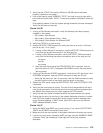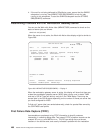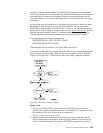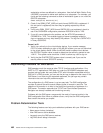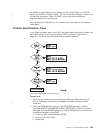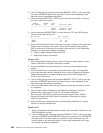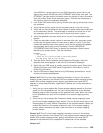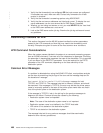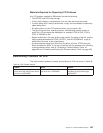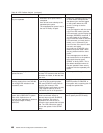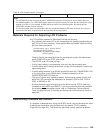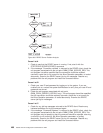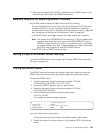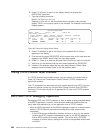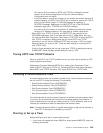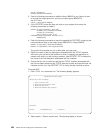
Materials Required for Reporting LPR Problems
Any LPR problem reported to IBM should include the following:
v The QTCPIP and LPR client job logs.
v If file or data integrity is compromised, then any files that were being sent.
v If the file being sent is being transformed, a copy of the workstation customizing
object being used.
v All options taken on the LPR command when trying to send a file.
v The type of remote host, operating system, and operating system version to
which the LPR command was attempted, for example, PS/2 to OS/2, PS/2 to
DOS, or RS/6000 to AIX.
v Special authorities in the user profile of the sender; the owner of the file; and the
output queue parameters AUTCHK, OPRCTL, and the DSPOBJAUT to get all
authorities of the user to the output queue.
v A communications trace from the time of the failure (
Format TCP/IP data only
field), formatted for ASCII. If you are not familiar with the procedure for collecting
a communications trace, refer to “Collecting a Communications Trace” on
page 493 and “Formatting and Saving the Communications Trace” on page 499.
Determining Problems for LPD
The most common problems, causes, and solutions for LPD are shown in Table 46.
Table 46. LPD Problem Analysis
Problem Cause Solution
All files on the receiving AS/400
system are of the same printer device
type but not *USERASCII
The QPTMPLPD printer file is set to a
type other than *USERASCII
Change the printer file (CHGPRTF
command) to printer device type
*USERASCII
1
Chapter 21. TCP/IP Problem Analysis 487



